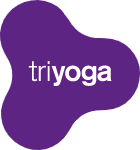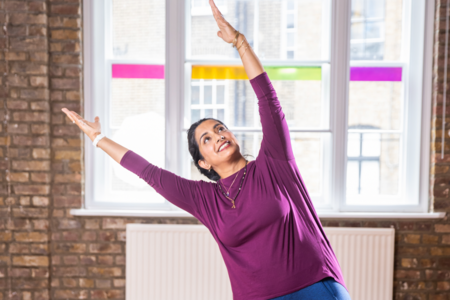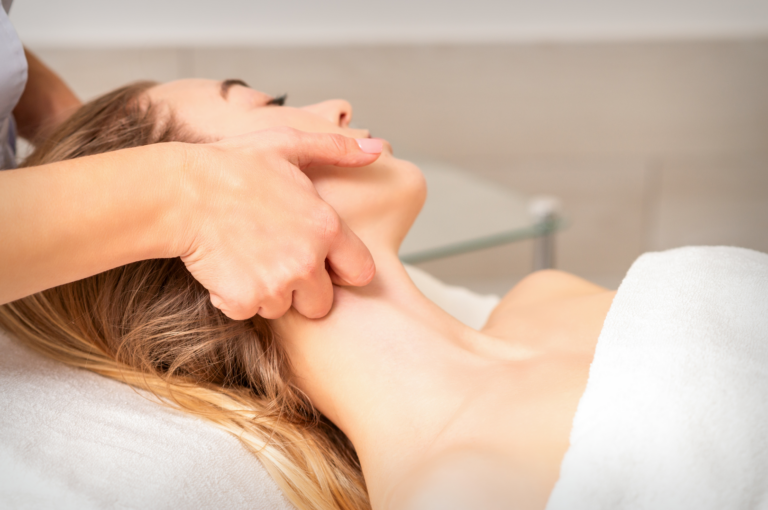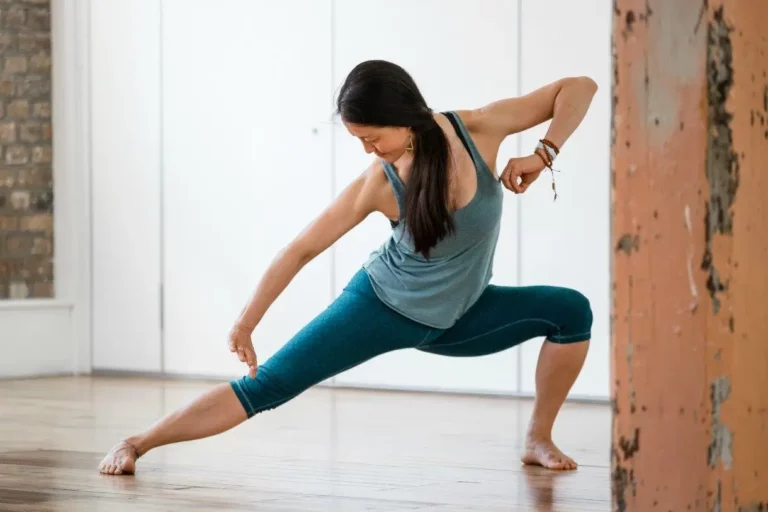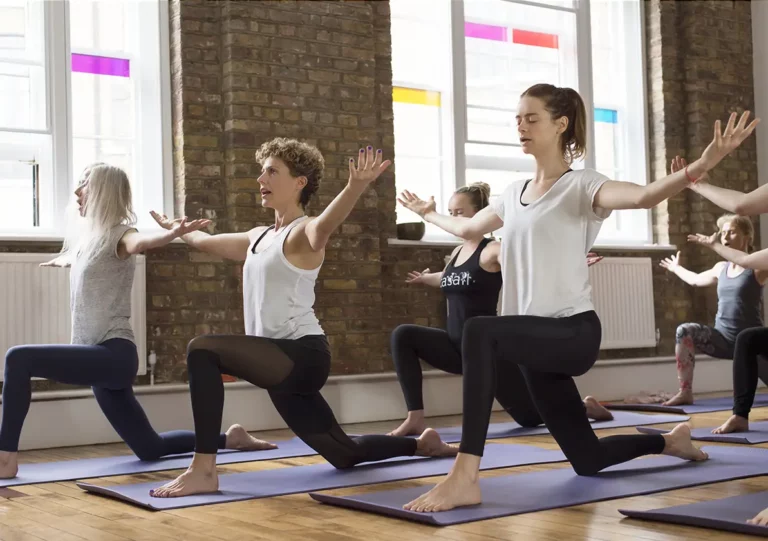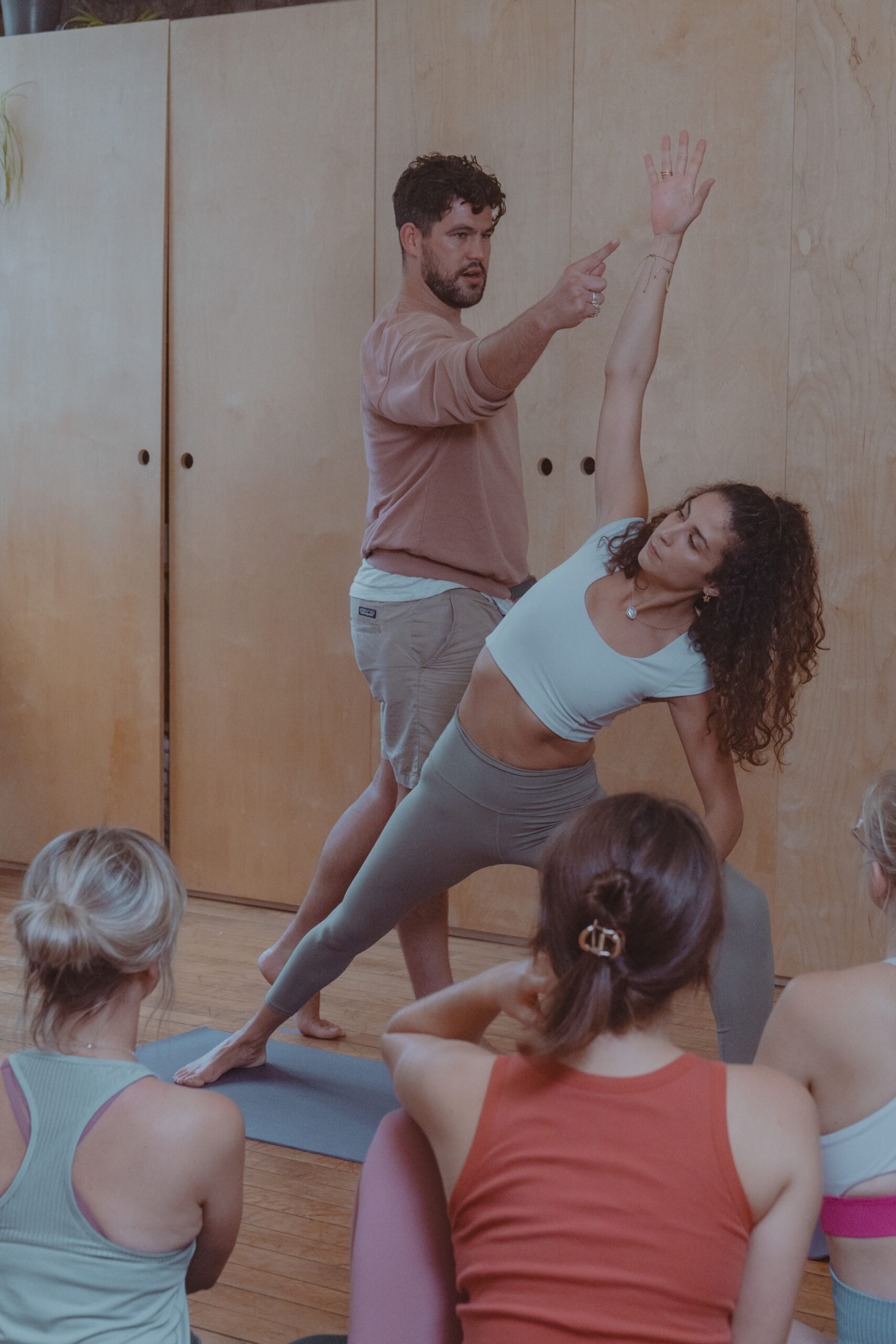Concert pianist and yoga instructor Dr Xenia Pestova Bennett shares accessible tools for anxiety management ahead of her online workshop with senior yoga instructor, dancer and choreographer Eleonora Herrera on 22nd November 2020 – befriending anxiety: movement, breath + focus.
Anxiety is a universal experience, a survival mechanism that is hard-wired. Our nervous system fires up and lets us know if it perceives a potential threat, whether real or imagined. Our heartrate goes up, breath rate and blood pressure increase, we tense our muscles and narrow our vision. Our digestive functions go on hold, which is why we might get “butterflies in the stomach” or a dry mouth. “Fight or flight” can even be activated by the constant notifications on our devices, such as receiving a message or an email.
Tools to manage anxiety
The good news is that simple and accessible “tools” to help manage anxiety are already at our disposal. They do not require vast investments of time, resources or specialist equipment. No matter how busy we are, we can take a few minutes or even a few seconds to access powerful and effective interventions.
My personal anxiety tool kit grew out of experiences with performing in front of people as a concert pianist as well as working with students and clients from all walks of life. The tools I use fit into three broad categories:
- Movement
- Breath
- Focus
Although these interventions are very easy to use, they tend to be more effective if we commit to practising them on a regular basis until they are comfortable enough to access in challenging moments. I have a little routine that provides grounding and stability to the start of every day, then use the same interventions backstage to centre and calm myself before I play for people, give a presentation or go into a recording session.
Movement
Is your mind racing, getting caught up in worry loops? Take your attention out of old neural pathways and into the physical sensations of your body.
Try a simple “warm-up” routine based on Qi Gong (ancient Chinese medicinal practice):
- Stand or sit with your feet hip-width apart and your weight equally distributed between the two sides
- Begin by softly “shaking out” any tension from your hands and wrists, gradually inviting the elbows and shoulders to participate, shaking out all the way through the whole arm while remaining mindful not to go beyond your comfortable range of movement
- Shift your weight slowly from side-to-side as you shake to the left and to the right several times
- Notice your breathing and check that you are not holding your breath as you keep going for a couple of minutes
Doing a warm-up routine that includes gentle shaking encourages blood flow that has been diverted from the extremities during “fight-or-flight”. At the same time, movement takes us out of habitual and obsessive worrying, which can otherwise be difficult to manage through “reasoning” with oneself. You can do this short movement intervention on work breaks, first thing in the morning or whenever you need to come back to the body.
Breath
Breath work is very beneficial for anxiety management. However, simply “taking a deep breath” is not necessarily good advice, as over-breathing can in fact exacerbate “fight-or-flight”. On the other hand, slow conscious breathing can be helpful in eliciting the body’s calming “rest and digest” response. Breathing through the nose is important to activate natural abdominal breath, while mouth breathing is associated with shallow chest breathing and anxiety.
Try this simple nasal breathing exercise to balance the two branches of the nervous system:
- Begin by simply noticing your breath and check in with the length of your inhale and exhale. See if you can gradually match them to be approximately the same length.
- You may find it helpful to count seconds: five or so for every inhale and the same for every exhale
- Keep going for a few minutes until you feel calmer (as with any breath work, please listen to your body, remain mindful and stop if this exacerbates any anxiety symptoms)
Focus
One symptom of “fight-or-flight” can be narrow “tunnel vision” – enhanced by spending a lot of time with computer screens. Over-focusing and fixing the eyes restricts our breathing, leading to muscular tension.
- Sitting up tall, release any excess tension if can
- Check in with your posture: are you “sucked into” the screen?
- Become aware of your peripheral vision. Notice a sensation of “space” on all sides.
- Look over and beyond the screen. What effect does this have on your eyes, the muscles of your face and your breathing?
During our workshop, Eleonora and I will revise the mechanisms of anxiety and explore more management techniques based on movement, breath and focus exercises. Click here to join us on Sunday 22 November 2020 for our online workshop – befriending anxiety: movement, breath + focus.
Featured image credit: Rachel McCarthy
